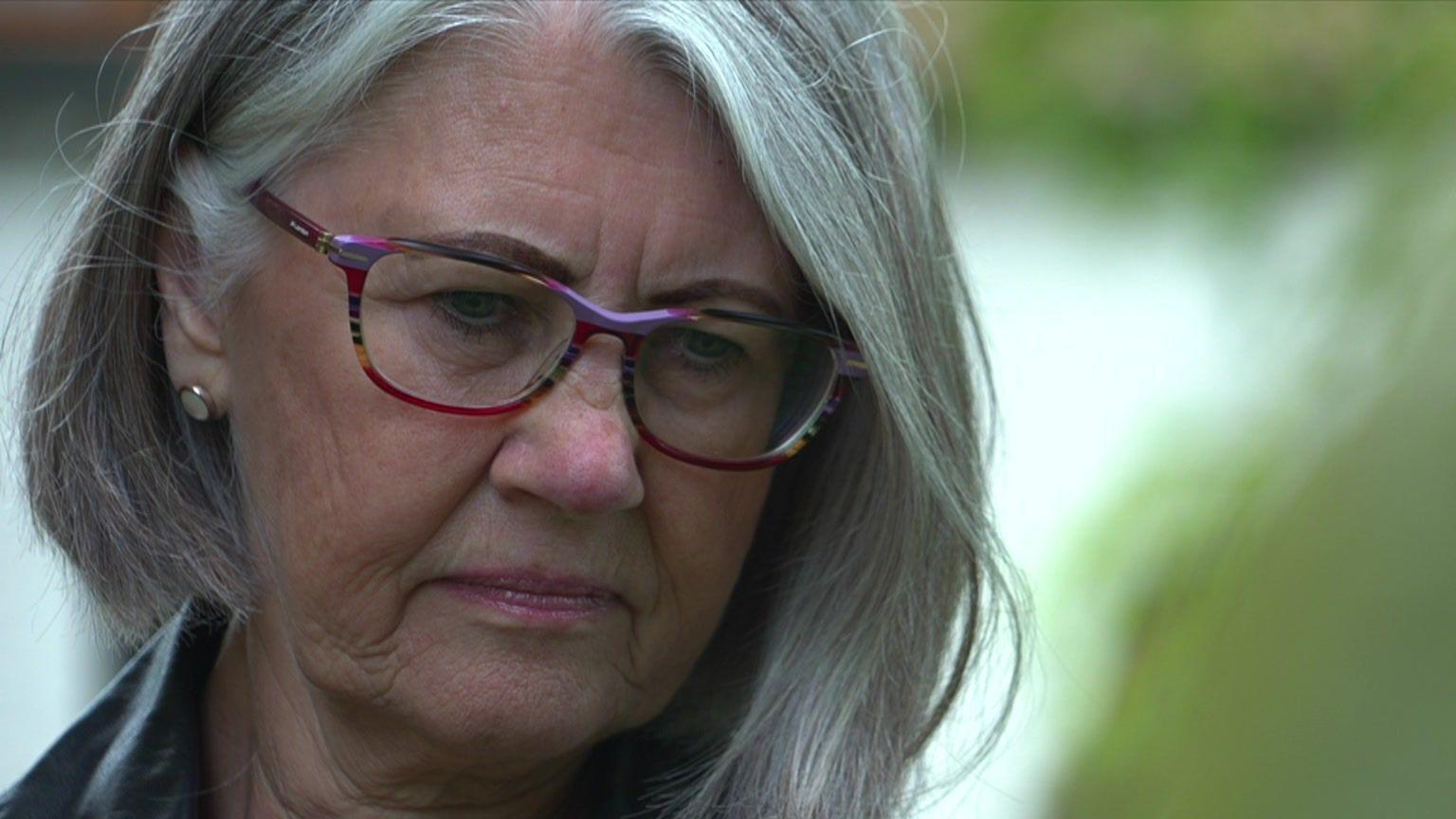Memorial event for steelworks blast that killed 11

Paul McBean was one of 30,000 people working in the steel industry in Scunthorpe at the time
- Published
British Steel is looking for relatives of workers killed 50 years ago in a blast at its North Lincolnshire plant, ahead of a memorial event next week.
An explosion at the Queen Victoria blast furnace in Scunthorpe on 4 November 1975 claimed the lives of 11 people.
The company said it was holding the 50th anniversary event in the town to "commemorate our workmates", and it is inviting relatives of those who died to attend.
A report published in 1976 concluded that a leak had caused more than 400 gallons (about 1,800 litres) of water to flow into a torpedo holding 175 tonnes of molten metal at a temperature of more than 1,400C (more than 2,552F).
About 90 tonnes of metal was then ejected from the torpedo by the pressure of the steam generated by the water.
The disaster at the Appleby-Frodingham ironworks happened while people were still coming to terms with a huge explosion at the Nypro chemical plant near Flixborough on 1 June 1974, which killed 28 workers.
'Horrendous' scenes
Retired steelworker Paul McBean, 67, said talking about the Queen Victoria disaster "chokes him up" but it was important to mark the event and the impact it had.
As a teenager, Mr McBean worked during the day "looking after the lads up on the furnace floor" who were working shifts.
He described the "horrendous" scene when he arrived at work following the blast, which happened at about at 03:00 GMT.
Mr McBean was allowed to work at another furnace but he "just didn't want to be there" after learning his colleagues had been killed and injured.
"When you work on the steelworks, you get to know people. They become friends," he said.
A few weeks later, Mr McBean was promoted to take the place of one of those killed. But he said that when he arrived to start his shift, "I turned around and got changed back into my home clothes, got back on my bike and I biked home".
He "just couldn't face" working there following the tragedy, so he quit.
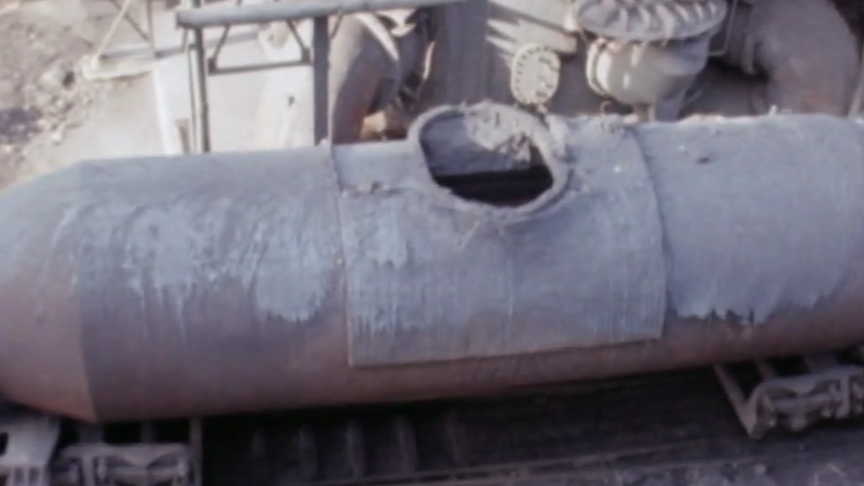
The torpedo ladle which carried molten iron on rail from the blast furnace where the explosion took place
Mr McBean returned three years later because he said he missed working at the site, and in 1979 he became a health and safety and a union representative until he retired.
In its heyday, the plant had four operational blast furnaces, all named after English queens – Mary, Bess, Anne and Victoria.
British Steel said relatives of those who died in the tragedy who would like to attend the memorial, can email communications@britishsteel.co.uk
Listen to highlights from Lincolnshire on BBC Sounds, watch the latest episode of Look North or tell us about a story you think we should be covering here, external.
Download the BBC News app from the App Store, external for iPhone and iPad or Google Play, external for Android devices
Related topics
Related stories
- Published12 November 2024
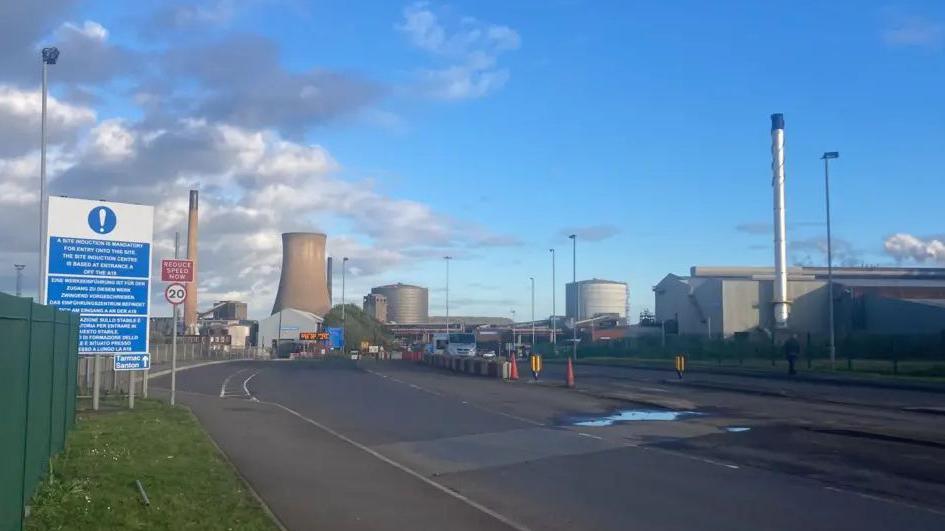
- Published6 November 2023
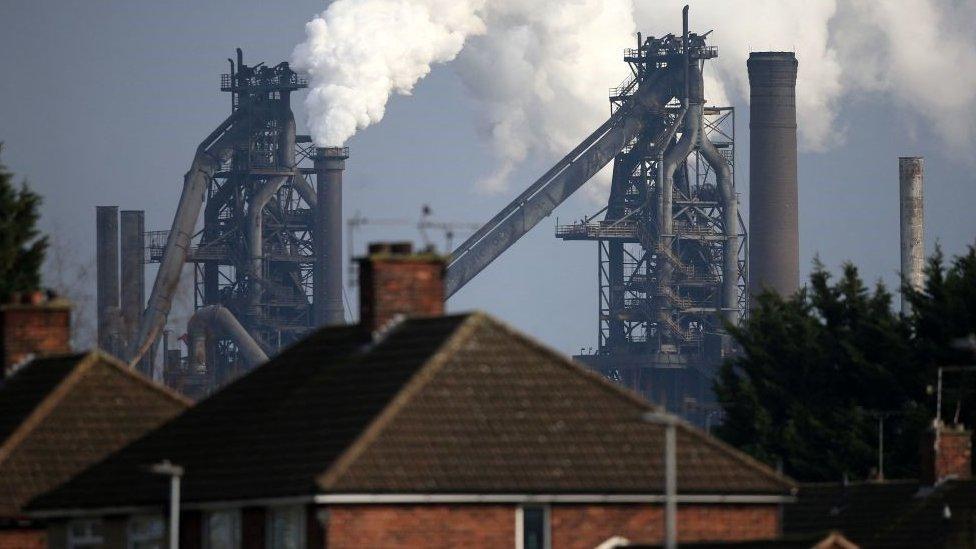
- Published31 March
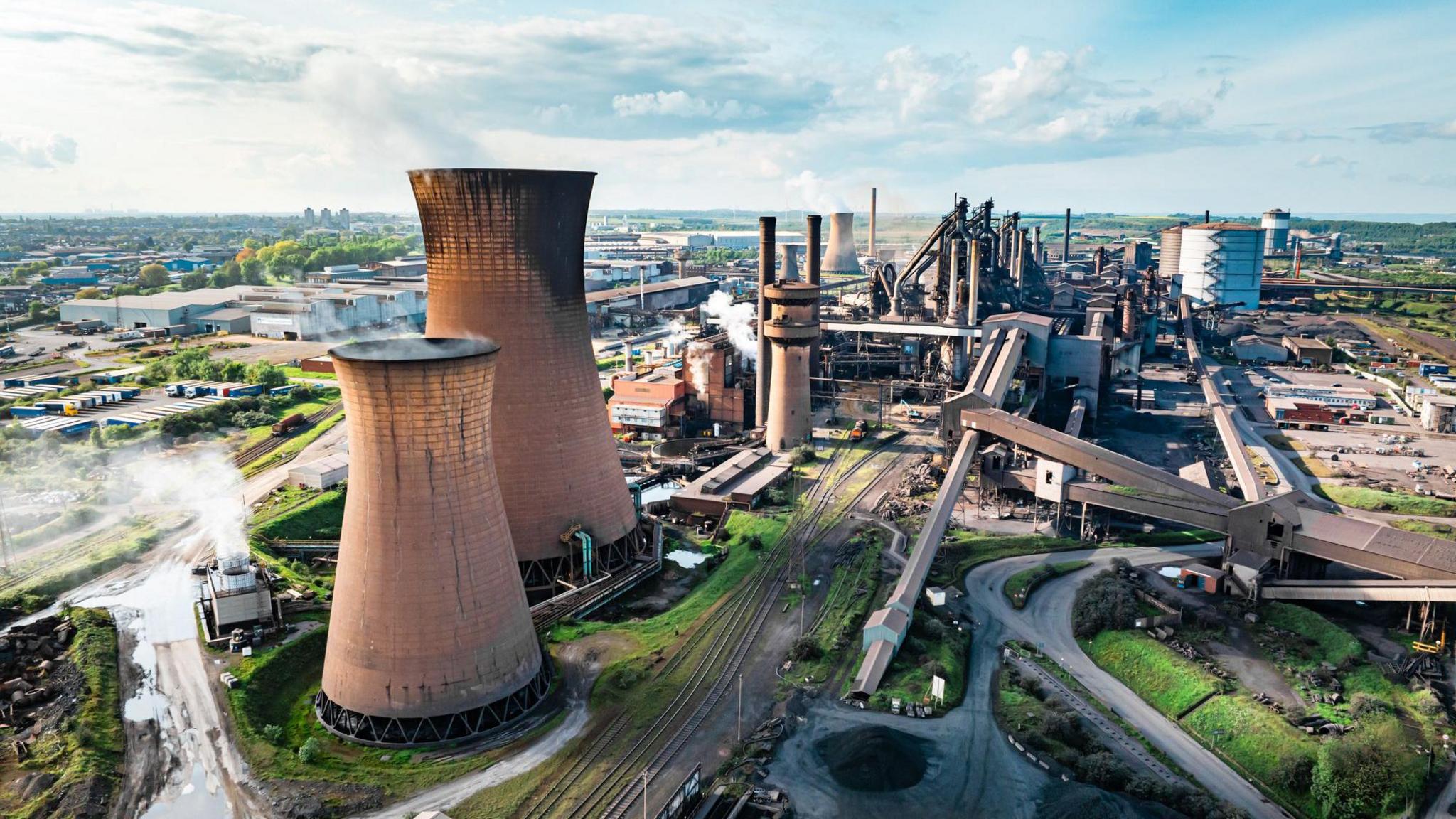
- Published1 June 2024
